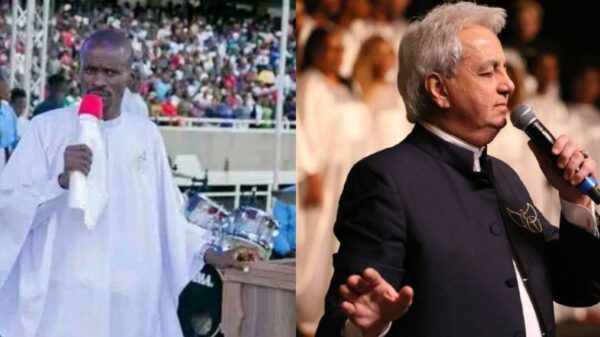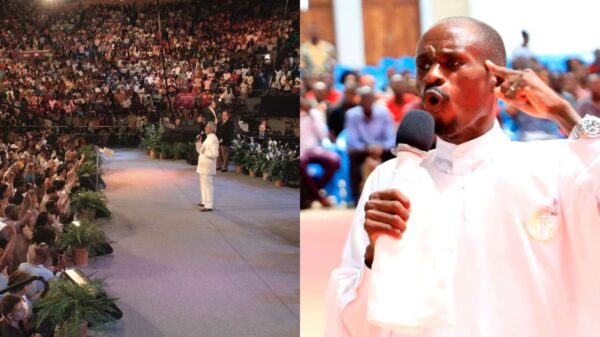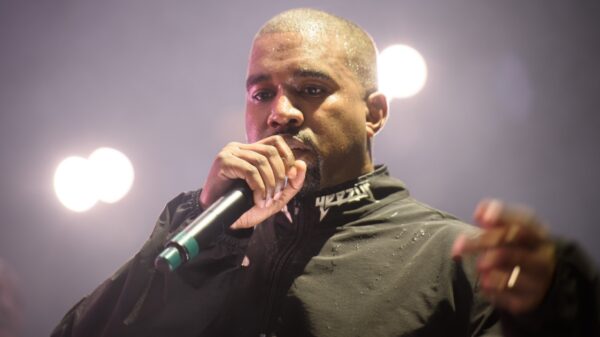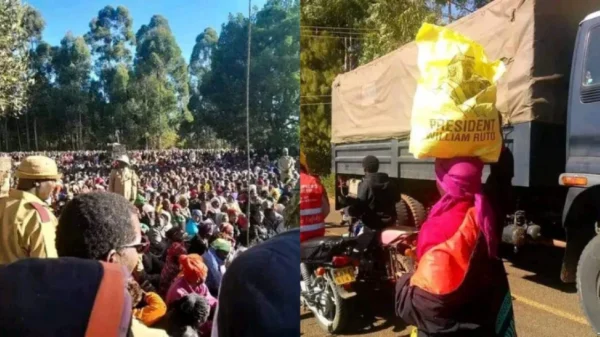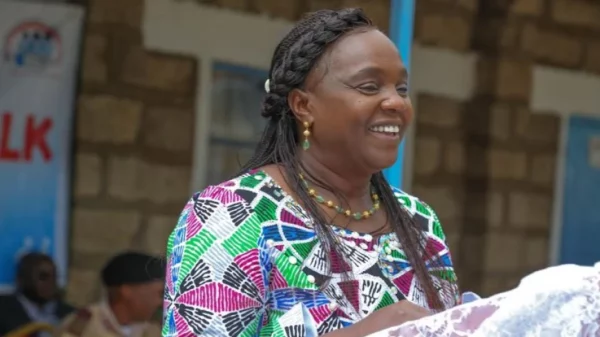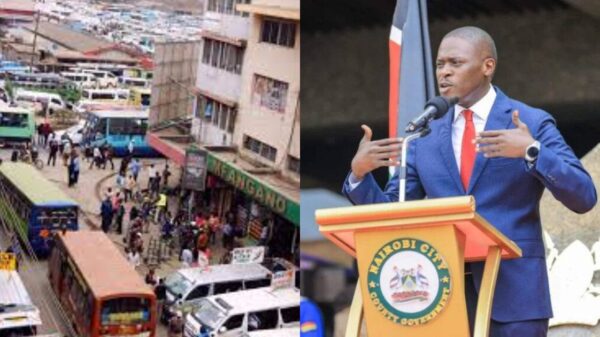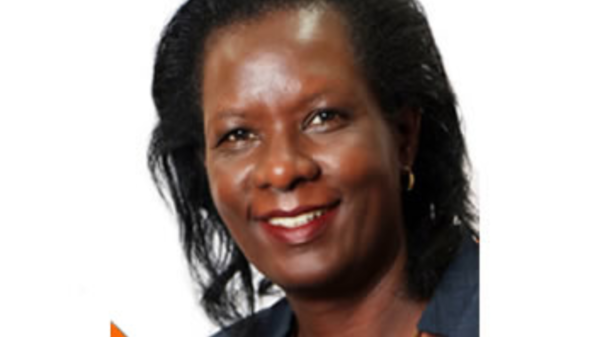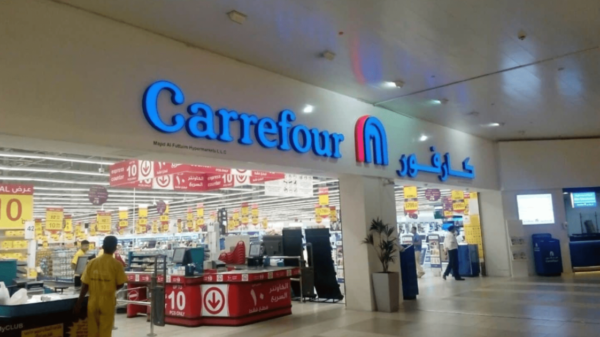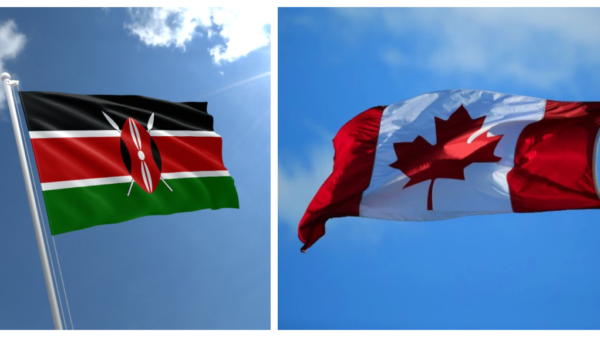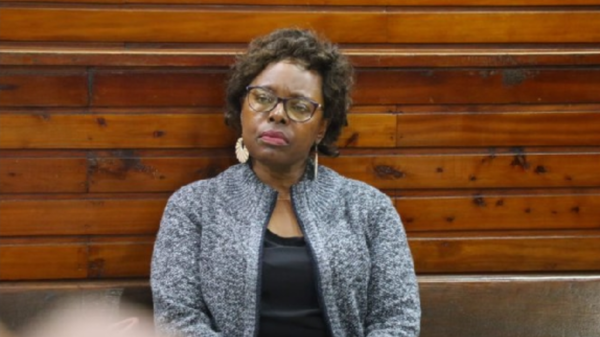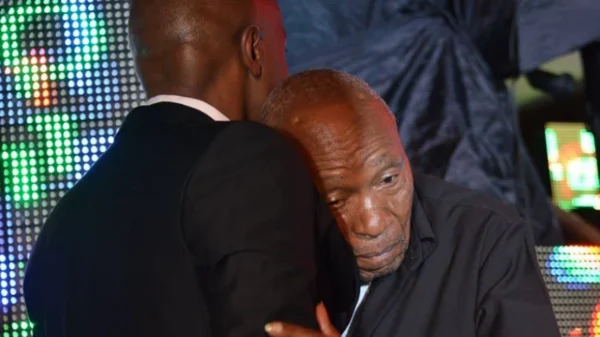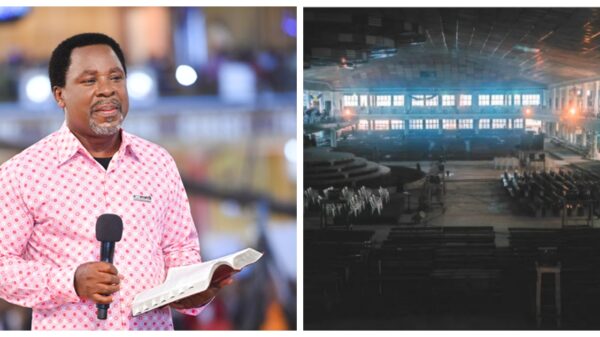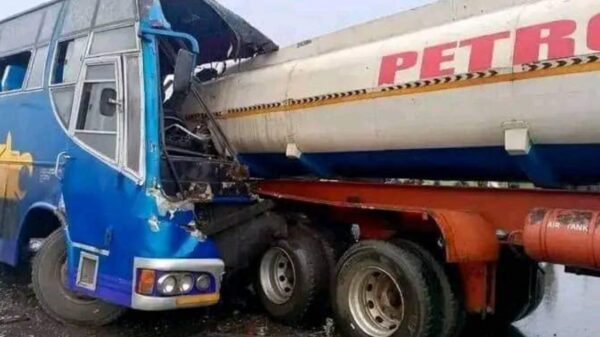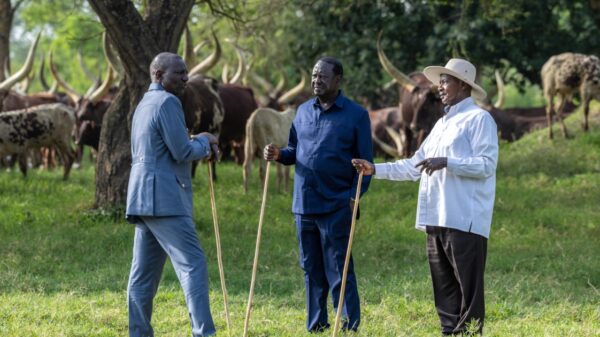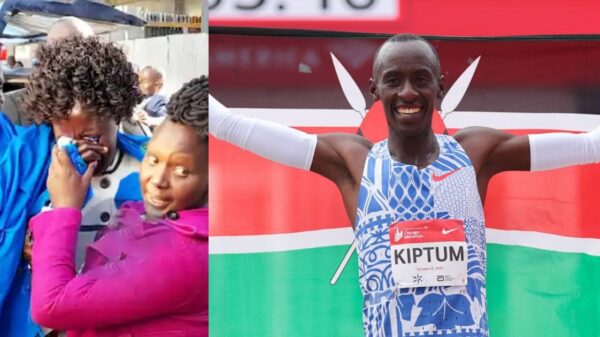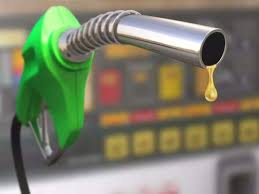As a result, the authority either announces changes in fuel prices, or maintains the existing prices at the pump, a review that serves for a month.
In its October 14 review, the petroleum body raised the price of petrol by Ksh.5.72, diesel by Ksh.4.48, and kerosene by Ksh.2.45. This made petrol to retail at Ksh.217.36 per litre, diesel at Ksh.205.47 and kerosene at Ksh.204.46 per litre in Nairobi.
Epra attributed the higher prices to an increase in the average landing cost of imported fuel, where super petrol went up by 3.93%, diesel rose by 7.07% and kerosene by 5.01%.
The rising price of fuel has been termed as a major contributor to the high cost of living in the country, an issue that President William Ruto, in a parliamentary group meeting on November 7 was quoted saying “his hands are tied.”
Ahead of the monthly review, discussions on whether or not EPRA will increase fuel prices have already began.
Molo MP Kuria Kimani, who is the National Assembly Finance and Planning Committee chairperson has expressed optimism that the fuel prices will not increase.
On his part, Narok Senator Ledama Ole Kina took to social media to share what he termed as important information regarding fuel pricing.
“Two companies that are part of the G2G contract source fuel from the same place but one directly while the other one through a broker. Gulf Energy buys its oil from ENOC who source their oil from Saudia Aramco and sell to Kenya While Galana Oil Kenya buys fuel directly from Saudi Aramco. However, Gulf and Galana quotes the same platts price. So who is fooling who?,” Ledama wrote in a tweet.



